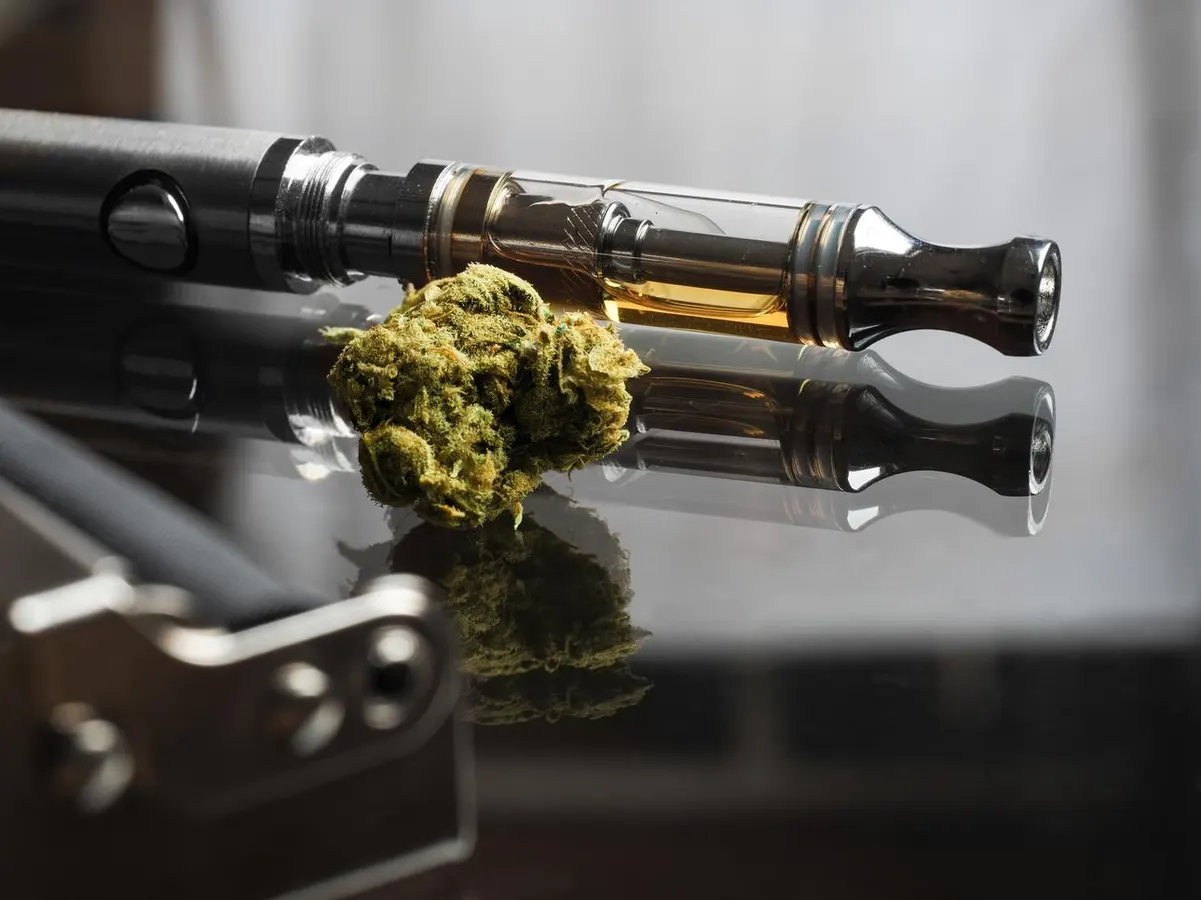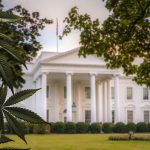The U.S. cannabis sector faces growing economic pressure due to reciprocal tariffs recently announced by President Donald Trump. On April 2, Trump introduced an additional 34% tariff on Chinese imports, crucial for cannabis industry supplies, bringing the total Chinese tariff rate to 54%. He also announced a universal 10% baseline tariff on all countries, further complicating the industry’s economic landscape.
Cannabis companies are now experiencing significant cost increases, particularly for products sourced from China, such as vape hardware and cultivation nutrients. For instance, Michigan-based Lume Cannabis anticipates costs rising by a few cents per vape unit—potentially significant over time given high monthly volumes.
Lume proactively stocked supplies ahead of tariff increases but acknowledges that prolonged trade tensions will necessitate sourcing new, cost-effective manufacturers globally.
Albany-based Jaunty faces even more severe impacts, with a total 46% tariff rate on vape hardware from China, complicating cost management and possibly forcing price increases for consumers. Alternative supply chains in Indonesia and Malaysia are also affected, facing tariffs of 32% and 24%, respectively.
Some companies, like Canada’s Greentank Technologies, are benefiting slightly from nationalist consumer shifts toward domestically manufactured products. Sana Packaging in Denver, which uses predominantly U.S.-sourced sustainable materials, reports improved competitiveness with stable pricing unaffected by tariffs.
The tariff situation underscores industry-wide challenges and emphasizes the need for collective adaptation among cannabis businesses. As the trade war progresses, coordinated adjustments in sourcing strategies and supply chains appear essential for the industry’s resilience.






